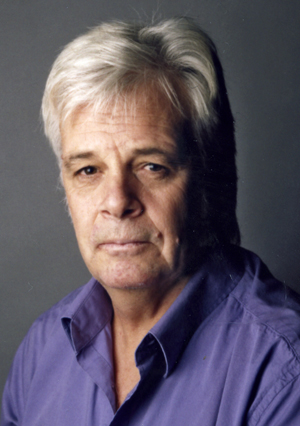 The process of appointing government employees to the justice system has attracted some controversy lately.
The process of appointing government employees to the justice system has attracted some controversy lately. There’s the challenge to the recent appointment of Justice Marc Nadon to the Supreme Court of Canada, wherein Toronto lawyer Rocco Galati argues that as a Federal Court judge, the Supreme Court Act precludes Nadon from being appointed to the top court. Galati claims the Act stipulates only Court of Appeal and Superior Court judges, or a lawyer who has been a member of the bar for at least 10 years, can be appointed.
The SCC also dismissed an application for leave to appeal today in a case involving a complaint about the appointment of former British Columbia attorney general Shirley Bond.
Lesslie Askin challenged Bond’s appointment, arguing she had no legal training and is therefore not qualified to hold the position of attorney general.
But the courts sided with the Law Society of British Columbia in concluding that the attorney general is not required to be a lawyer.
“I agree with the Law Society that the relevant statutory provisions, found in the Attorney General Act, the Legal Professions Act, the Queen’s Counsel Act and the Constitution Act, read in entire their [sic] context and in their grammatical and ordinary sense, harmoniously with the scheme and objects of the various Acts and with regard to the intention of the legislature, do not require the Attorney General to be a practicing member of the Law Society,” wrote then-justice Sunni Stromberg-Stein in the B.C. Supreme Court’s decision.
Askin “was hoping to clarify whether a person who is not qualified to practise law was nonetheless eligible to be appointed as the chief law officer of the province,” says her lawyer Cameron Ward. “She believed that the duties of the attorney general necessarily required her to practise law.”
Ward says the legislation regarding appointments needs to be clarified.
“In my view, the legislation does need to be clarified because as it stands now several statutes are inconsistent with the notion that the attorney general can be a lay person,” he tells Legal Feeds.
“One of the difficulties in our case is that there was no B.C. act that directly spoke to whether the attorney general needed to be a qualified lawyer. I’m referring in particular to the Attorney General Act,” he says.
However, the B.C. Court of Appeal maintained the legislation is clear.
“In my opinion, when the legislation is considered separately and cumulatively, it cannot be said that there is an express or necessarily implied requirement that a person appointed to the office of the Attorney General be a member of the Bar of British Columbia for five years or even be qualified to practice law,” wrote Justice Elizabeth Bennett in Askin v. Law Society of British Columbia.
The appeal court also pointed out three other former attorney generals did not have legal training —Thomas Dufferin Pattulo, Russell Fraser, and Colin Gabelmann — and there have been others who served as attorney general who were qualified lawyers but not members of the B.C. law society at the time of their appointment.
In an e-mail to Legal Feeds, Deborah Armour, chief legal officer of the B.C. law society, said: “The Law Society’s position has not changed. We believe that provincial law does not require the Attorney General to be a lawyer. The B.C. Supreme Court, in a decision released in June 2012, was in agreement that there was no requirement for an Attorney General to be a practicing member of the Law Society. The B.C. Court of Appeal, in a decision released in May 2013, also agreed with the Law Society and stated an Attorney General need not even be qualified to practice law. This morning, the Supreme Court of Canada dismissed Lesslie Askin’s application for leave to appeal the lower court ruling, which puts the issue at rest.”
Update: 1:22 p.m.: comments from B.C. law society added.







